SUMMARY
This is AI generated summarization, which may have errors. For context, always refer to the full article.
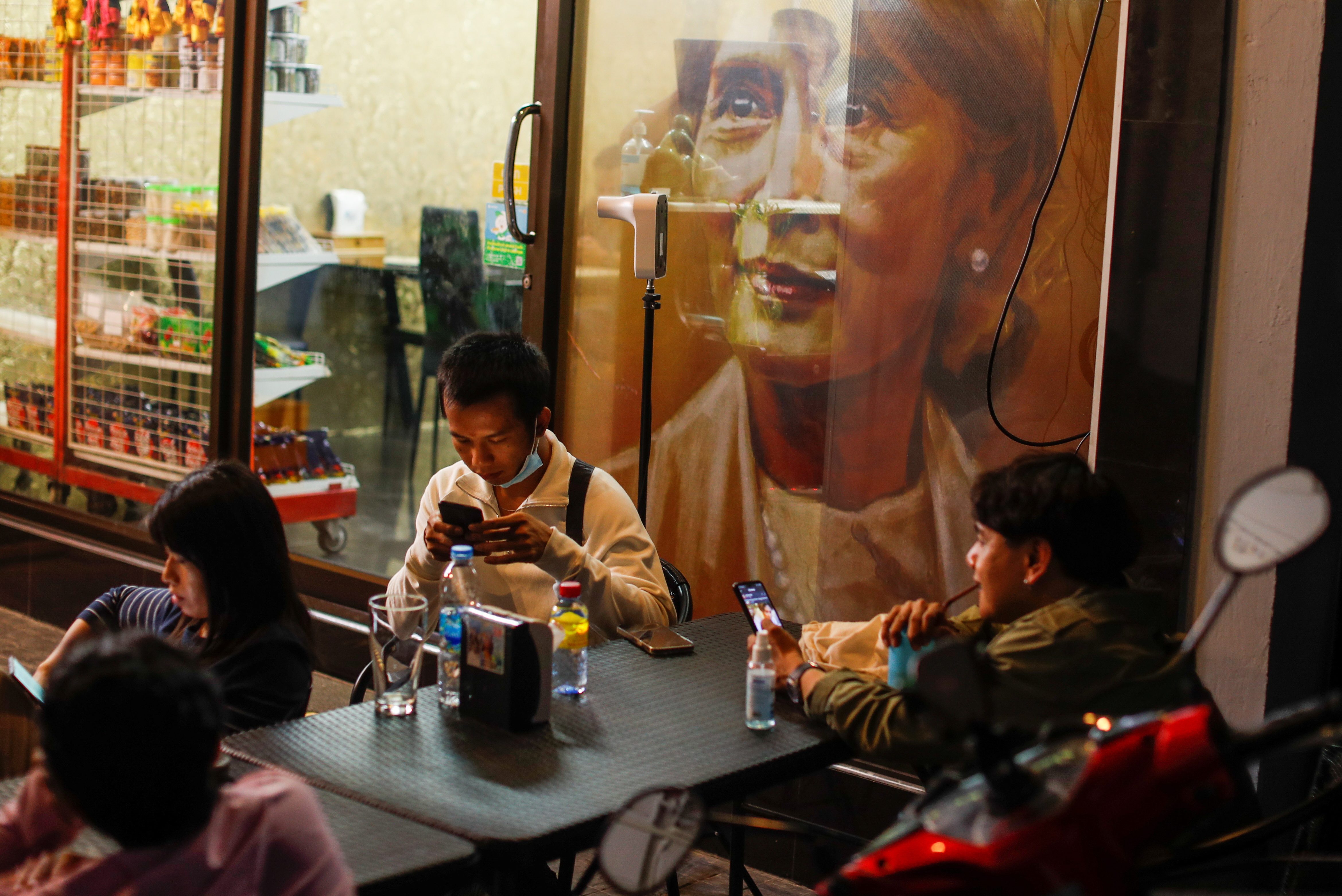
A group of the world’s biggest internet companies joined Myanmar civil society on Thursday, February 11, in raising alarm over cyber laws floated by the new junta, saying they would contravene fundamental rights and hurt the economy.
The 36 pages outlining the proposed laws were given to mobile operators and telecoms license holders for comment on Tuesday, February 9 – just over a week after the army overthrew the elected government of Aung San Suu Kyi, the civil society groups said.
Spokesmen for the government and telecommunication ministry did not answer telephone calls seeking comment.
The proposed bill would give unprecedented censorship powers and violate privacy, contravening democratic norms and fundamental rights, said the Asia Internet Coalition, whose members include Apple, Facebook, Google and Amazon.
“This would significantly undermine freedom of expression and represents a regressive step after years of progress,” the group said in a statement.
“We urge the military leaders to consider the potentially devastating consequences of these proposed laws on Myanmar’s people and economy.”
A copy of the proposed bill, reviewed by Reuters, says its aims include protecting the public and preventing crime and the use of electronic technology to harm the state or its stability.
It says internet providers would have to prevent or remove content deemed to “cause hatred, destroy unity and tranquillity” to be “untruthful news or rumors” or to be inappropriate to Myanmar’s culture, such as pornography.
“We are aware of the draft cyber security bill and are in the process of reviewing it,” said Cathrine Stang Lund, a spokeswoman for mobile operator Telenor.
More than 150 Myanmar civil society organizations said in a statement: “The so-called bill includes clauses which violate human rights, including the rights to freedom of expression, data protection and privacy, and other democratic principles and human rights.”
Days after seizing power, the military rulers banned Facebook, Twitter, and other social media platforms where its critics had voiced opposition. The junta blocked the Internet for a day, but that did not stop giant anti-coup protests.
Myanmar was one of the world’s most isolated countries under military rule from 1962 to 2011, when a quasi-civilian government began liberalization. – Rappler.com
Add a comment
How does this make you feel?






![[OPINION] A big defeat for Big Tech](https://www.rappler.com/tachyon/2024/03/big-defeat-big-tech-march-27-2024.jpg?resize=257%2C257&crop=425px%2C0px%2C1080px%2C1080px)




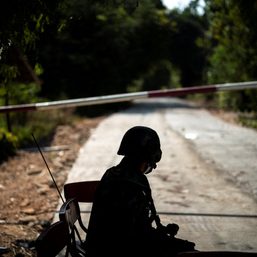
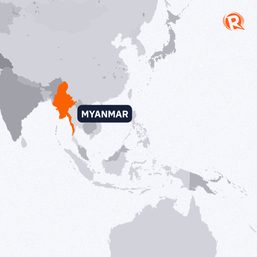
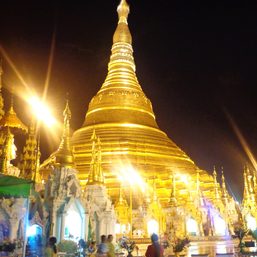
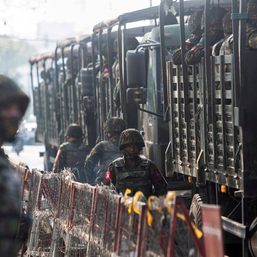
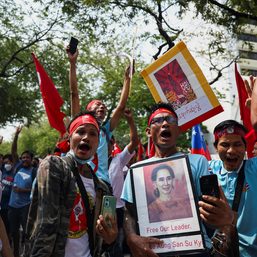
There are no comments yet. Add your comment to start the conversation.